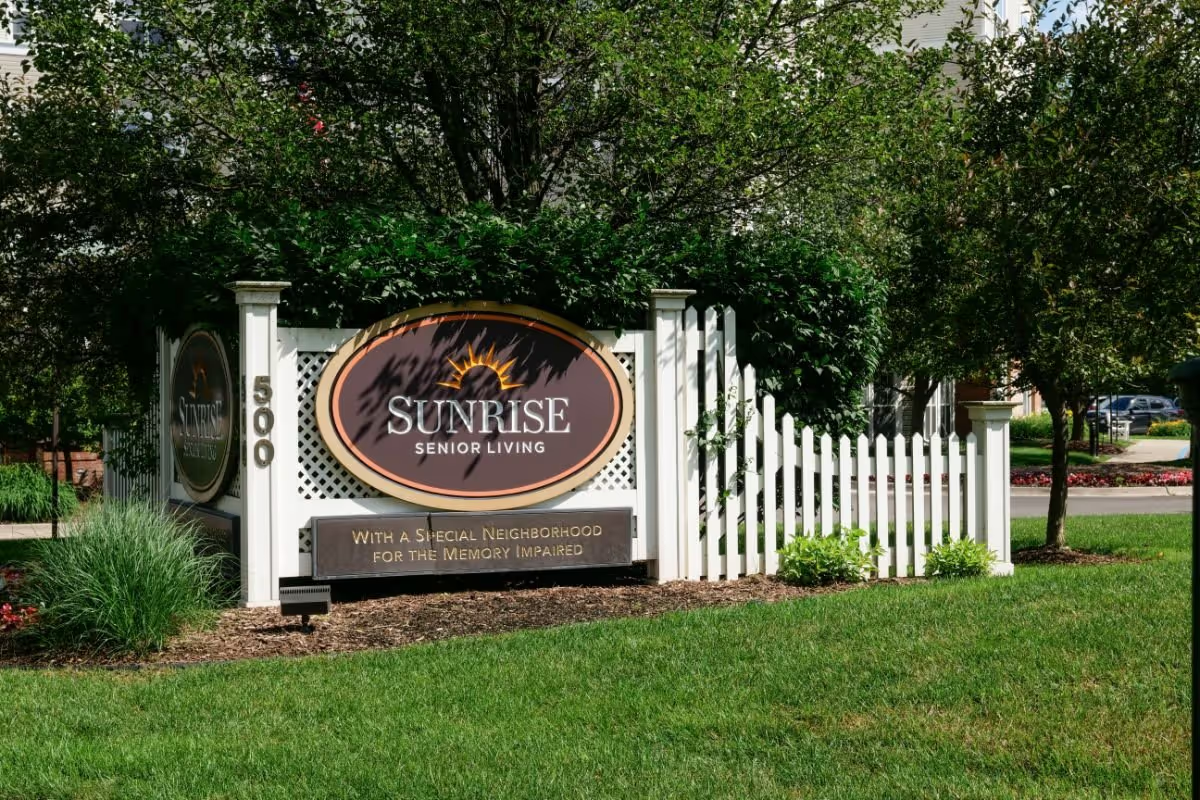Overall sentiment across the reviews is mixed but leans positive with consistent praise for the facility’s atmosphere, many individual caregivers, and the physical environment. A large number of families and residents describe Boulder Creek Assisted Living & Memory Care as a warm, home-like community with friendly staff, attractive rooms, pleasant courtyards, and an overall sense of safety. Several reviewers highlighted smooth transitions, compassionate staff who form genuine connections, helpful front-desk personnel, and a strong community feeling that makes residents feel at home. The facility’s appearance, cleanliness, and quiet environment were frequently noted, as were positive experiences with documentation, transparency, and responsive leadership in many instances. Activities, exercise programs, and social opportunities were also cited as beneficial for mood and engagement by multiple families.
However, there are recurring operational and quality concerns that temper the positive feedback. Staffing levels and consistency are a major theme: many reviews mention being short-staffed, noticeable staff turnover, and variable caregiver quality. That inconsistency manifests in two ways in the reviews — on one hand, numerous families praise phenomenal, caring caregivers who are attentive and responsive; on the other, there are reports of caregivers lacking dementia-specific understanding, neglecting basic care tasks (such as not changing diapers or clothing promptly), and long waits for assistance. This split indicates that care quality may depend heavily on which staff members are on duty, and that training and staffing stability are pain points.
Communication and management are additional areas with mixed reports. Several reviews commend responsive leadership and administrators who address concerns and help families through transitions, while others report unfriendly management, executive-level issues, and administrative missteps (for example, room assignment problems and delays with VA paperwork). Communication gaps are especially noted on weekends and around activity scheduling — families report changes to activity schedules without clear notice, missed reminders, and occasional unresponsiveness which can lead to resident confusion or missed programming. There are also isolated but significant reports of lost or misplaced furniture and belongings that point to procedural lapses.
Dining and programming receive both praise and criticism. Many residents and families find the meals enjoyable and well-prepared, and several reviews single out the food as a strong point. Conversely, a number of reviews describe meals as cold, unappetizing, overly repetitive (hotdogs for lunch was specifically mentioned), or not matching what was advertised. Snack and meal variety relative to the cost is a common complaint. Activities likewise are described in two camps: some reviewers emphasize plentiful, engaging activities and exercise that lift residents’ moods, while others request more variety, better scheduling, and improved reminders. The takeaway is that programming quality appears uneven across units or shifts.
Cost and perceived value are another dominant theme. Multiple reviewers feel pricing has risen excessively and does not always align with the level or consistency of care provided. A subset of reviewers used strong terms — overpriced or price gouging — and expressed dissatisfaction with rent increases or the overall value proposition. For prospective families, this pattern suggests a need to scrutinize contract terms, additional fees for meals/snacks, and how rate increases are communicated.
Notable patterns and final assessment: the strongest and most consistent positives are the facility’s physical environment and the presence of many genuinely caring staff members who create a welcoming, family-like setting. The most significant negatives are operational: staffing shortages/turnover, inconsistent caregiver competency (especially for dementia care), communication lapses, and mixed meal/program quality. Experiences are polarized — many families highly recommend Boulder Creek and report excellent, compassionate care, while others report serious deficiencies that affected resident wellbeing. Prospective families should weigh the strong community and environment against reports of inconsistency in staffing and care, ask targeted questions about staffing ratios, dementia training, activity schedules, meal plans, and fee structures, and request references or recent family feedback specific to the unit they’re considering. Overall, Boulder Creek appears to offer a warm and attractive living option with pockets of excellent care, but it would benefit from addressing staffing stability, dementia-focused training, communication reliability, and consistent meal/program quality to resolve the recurring concerns raised in these reviews.







